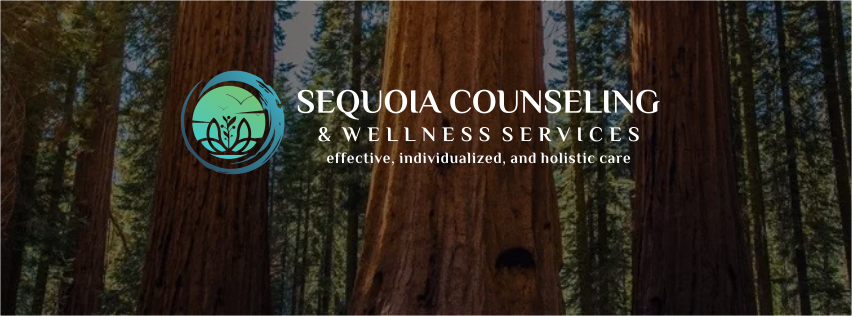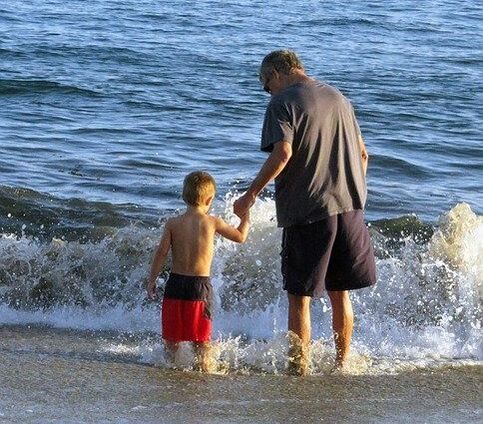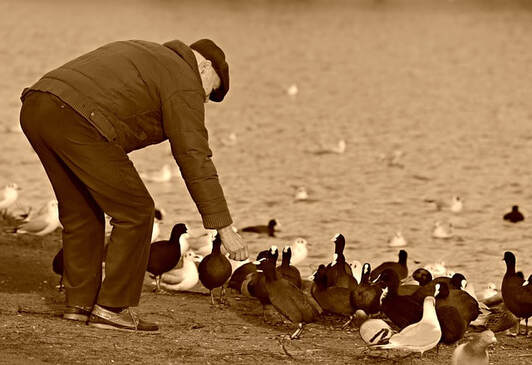|
From the moment I became an independent adult, it seemed like time was flying by- with each year passing faster than the last. I began to reflect on how to make time slow down for the enjoyable moments and how to lengthen and create times for relaxation and renewal. On this note, researchers are studying how people spend their free time and how it affects their sense of well being and enjoyment in life. How can we take care of the things that matter and still have time to enjoy our lives?
In their research, Sharif, Mogilner, and Hershfield (2021) discuss how many people experience this idea of “time poverty” and a sense of unhappiness due to stress and having too many things to do and not enough time. They wanted to study if having a significant amount of time to do whatever we wished would actually result in greater happiness and wellbeing. Sharif, Mogilner, and Hershfield (2021) define leisure time as time spent doing activities that one wishes to do, and excluded work/daytime responsibilities and other life management tasks. Their research included individuals from various demographic backgrounds (e.g. life stages, employment status, etc.). The researchers concluded that low amounts of leisure time would not be enough to relax and be satisfied. However, high amounts of leisure time resulted in lesser feelings of wellness and satisfaction than what was experienced by those with a medium level of leisure time. They concluded that the “sweet spot” falls between having 2-5 hours at a time to spend as one wishes. Spending leisure time in ways that are viewed as productive or purposeful or having social connections can offset having too much leisure time. Furthermore, having a day or a weekend with nothing to do but relax as part of a regular routine may not be beneficial for emotional/psychological well-being.
The Role of Depression and Anxiety
I would like to briefly comment on how depression and anxiety can also influence or be influenced by how time is spent. Persons living with symptoms of depression and anxiety would benefit from having more structure rather than less. It is beneficial to include activities that allow for socializing, achieving goals, and finding pleasure in activity. Attending to one’s physical health, such as having good nutrition, adequate sleep, and physical activity, will also aid in following a daily schedule. Following these recommendations can boost the wellness and functioning of individuals who are going through stressful situations, grieving, or at risk of becoming depressed or having an anxiety disorder. Transitions
The U.S. Bureau of Labor Statistics American Time Use Survey (July 2021) found an increase after the pandemic began through 2020 in time spent watching television, playing games or using a computer for leisure, time spent relaxing and thinking, talking on the phone, and gardening. There was also an increase in time spent in daily leisure and sports activities for those living with and without children. The biggest decreases include less time spent doing hair/make-up/grooming, socializing/communicating outside of the home, and shopping. Locally there are transitions that are happening as people are trying to recover a sense of normalcy and quality of life. I believe this is a key time to think about how leisure time is spent and how it affects our well-being. Are there changes you are making? Are there future changes you would like to make? Psychological and Social Health Across the Lifespan
The American Psychological Association publishes so many great resources and I want to share with you this resource that discusses a “Life Plan for the Life Span.” I think this resource can be used as a guide or checklist to assist in your leisure time planning. Since it is thorough, I am focusing in on the last two sections that focus on Psychological and Social factors; this is a summary relevant to this blog post broken down into different age groups:
All blog posts from Dr. Soo Hoo are provided for educational and informational purposes only. As Dr. Soo Hoo is a licensed clinical and health psychologist, we must make it clear that nothing on the blog is intended to constitute medical or psychological advice, consultation, recommendation, diagnosis, or treatment. If you are concerned about your health, please seek appropriate care in your area. Comments are closed.
|
Hours Mon-Fri: 8am - 5pm
|
Telephone 949.337.1034
|












